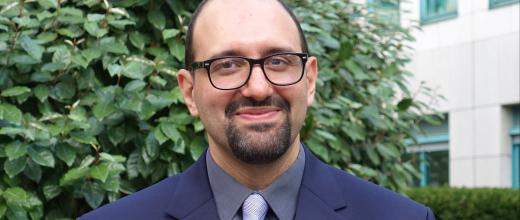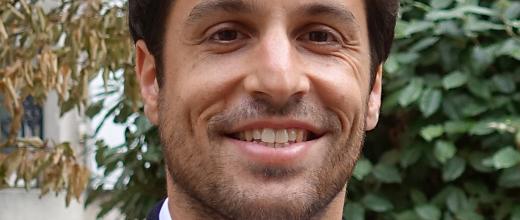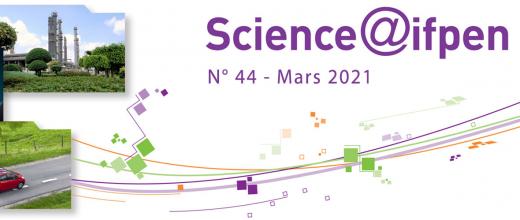Economic Analysis of Energy Systems : a large-scale regional approach This research focuses on the economic analysis of large-scale systems, i.e. targets such as the energy systems of regions, countries, territories and major cities or vast metropolitan areas. In terms of the economic analysis, it extends beyond pure, autonomous economic elements to include issues related to geopolitical, technical and environmental aspects, as well as energy policies, obviously.









